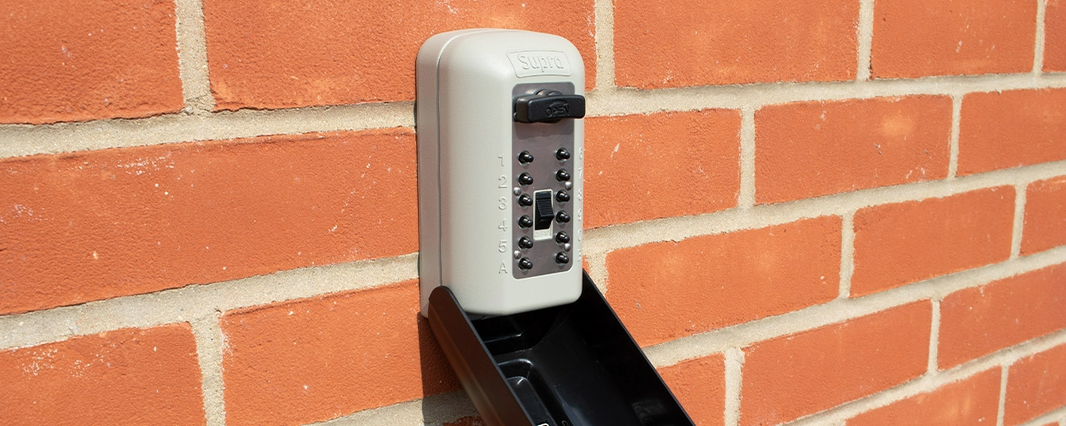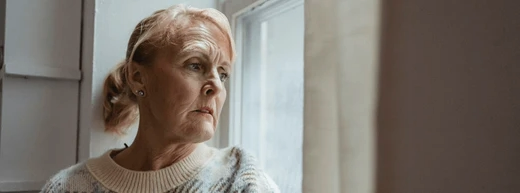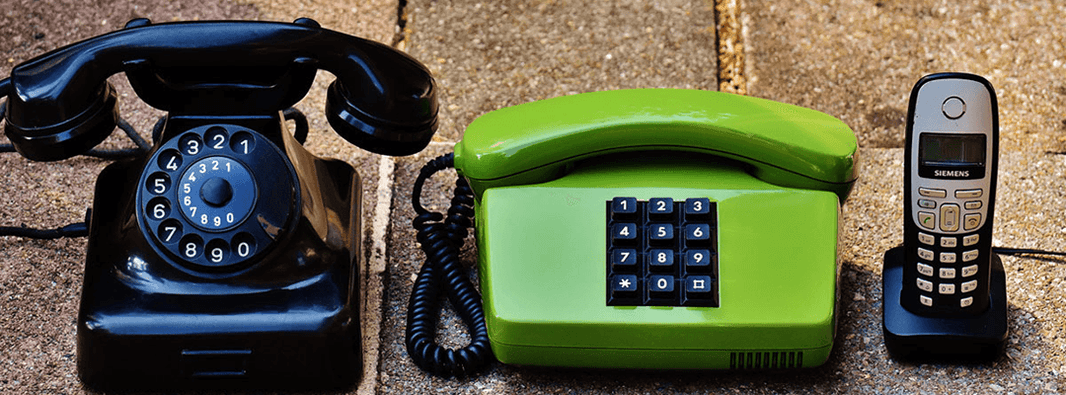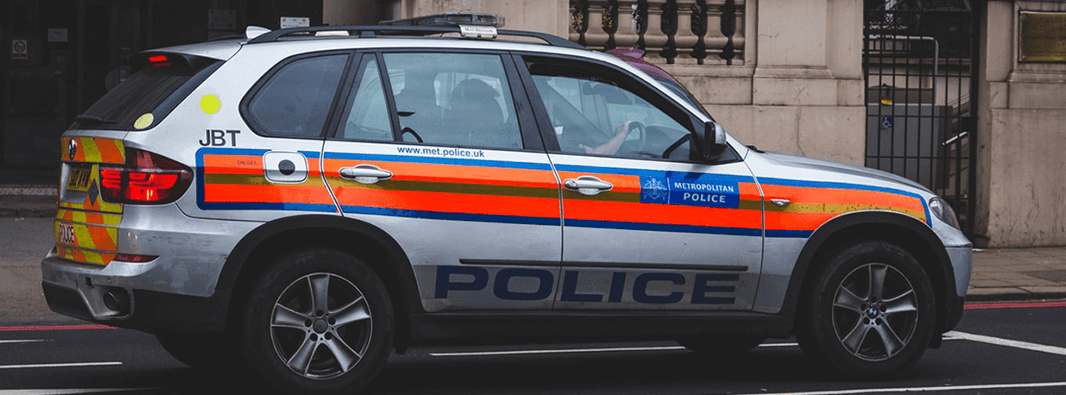Since the UK’s coronavirus vaccination programme began, more than 52 million people have already received their first dose of the jab. What’s more, more than 17 million people have received both doses for maximum protection against Covid-19! You’ve probably heard about the different kinds of vaccines available here in the UK. Today’s article will explain how the coronavirus vaccine works. We’ll also break down the differences between the three different vaccines currently being rolled out nationwide.
Coronavirus Vaccines in the UK
As you probably know, there are currently three different vaccines that have been approved for use in the UK. The first is the Pfizer-BioNTech vaccine; the second is the Oxford-AstraZeneca vaccine. The third vaccine, made by US company Moderna, has received approval but is not yet available in the UK.
How Does the Coronavirus Vaccine Work?
There are a few different ways to vaccinate people against a certain illness. Generally, vaccines try to replicate the body’s natural immune response. One method is to use a weakened form of the virus that causes the illness. The virus won’t be able to cause illness, but the immune system will recognise the virus and produce antibodies to fight it. Then, if the person encounters the live virus in the future, their body will already know how to fight it off.
Another method is to use the mRNA of the virus. mRNA basically contains genetic instructions to create a specific protein. In the case of the coronavirus vaccine, it uses the coronavirus’ distinctive spikes, which the body is quite good at recognising. mRNA vaccines contain this genetic code which tells the body’s cells how to make these spike proteins. Once these spikes are present, the immune system will get to work fighting them off. This means that the body knows how to fight coronavirus without needing to encounter the live virus first.
How Effective Is the Coronavirus Vaccine?
All three vaccines which have received UK approval are very effective at preventing Covid-19 symptoms and serious illness. Efficacy rates differ between vaccines:
- The Pfizer-BioNTech vaccine is up to 95% effective after two doses.
- The Oxford-AstraZeneca vaccine is 82.4% effective after two doses 12 weeks apart.
- The Moderna vaccine is 94% effective after two doses, although its efficacy appears to be slightly lower in over-65s.
What Are the Side Effects?
While most people don’t experience any side effects after their vaccination, there are a few side effects to be aware of. Generally, these side effects are a sign that the vaccine is working. For example, if you feel slightly feverish, this is likely because your immune system is working hard to produce antibodies! Here are the most common side effects of the coronavirus vaccine:
Most Common Side Effects
- A sore arm where the needle went in
- Headache
- Muscle pain
- Fever
- Chills
- Feeling tired
- Joint pain
Rarer side effects include swelling or redness around the injection site, nausea, and feeling unwell. After you have your vaccine, you’ll probably need to wait at the vaccination centre for around 15 minutes. This is a precaution just in case anyone has an allergic reaction. Severe reactions are incredibly rare (less than one in 10,000 people receiving the Pfizer jab). The benefits of the jab in preventing mortality and serious illness far outweigh any known side effects.
When Will I Get the Vaccine?
The NHS will contact you when it is your turn to get the coronavirus vaccine. Is it currently being rolled out to over-40s. Once all members of these groups have been offered the vaccine, the focus will then shift to other groups of people at greatest risk from coronavirus. The government says all adults should receive their first dose of the vaccine by September.
What Happens Next?
While the vaccination rollout is going very well, it’s vitally important that we all continue to stay at home and social distance. We don’t yet know for sure whether vaccinated people can still pass the virus on to others. Therefore, you’ll still need to self-isolate if you come into contact with somebody who has the virus.
Even if you’ve already had one or both doses of the vaccine, it’s important to keep following coronavirus restrictions. If you are still waiting for your first jab, make sure your GP has the correct contact details for you and look out for an email, letter, phone call, or text message inviting you to book your vaccine appointment.
Careline365 – Keeping You Safe
For many of us, coronavirus restrictions mean we’re unable to visit our elderly loved ones. This can be worrying, especially for those who have older relatives living by themselves. What would happen if they needed help in an emergency? That’s where we come in. Our Careline Alarms help thousands of older people to live happily and safely in their homes. Careline Alarm users are able to call for assistance whenever they need it with just the touch of a button. Our comfortable alarm pendants can be worn around the wrist or neck. We even offer an automatic fall detector and a cutting-edge GPS locator for maximum peace of mind.
To order an alarm or find out more about our service, call 0808 304 4510 today. Alternatively, you can order an alarm online today or read ‘Everything you need to know about Careline Alarms’.









